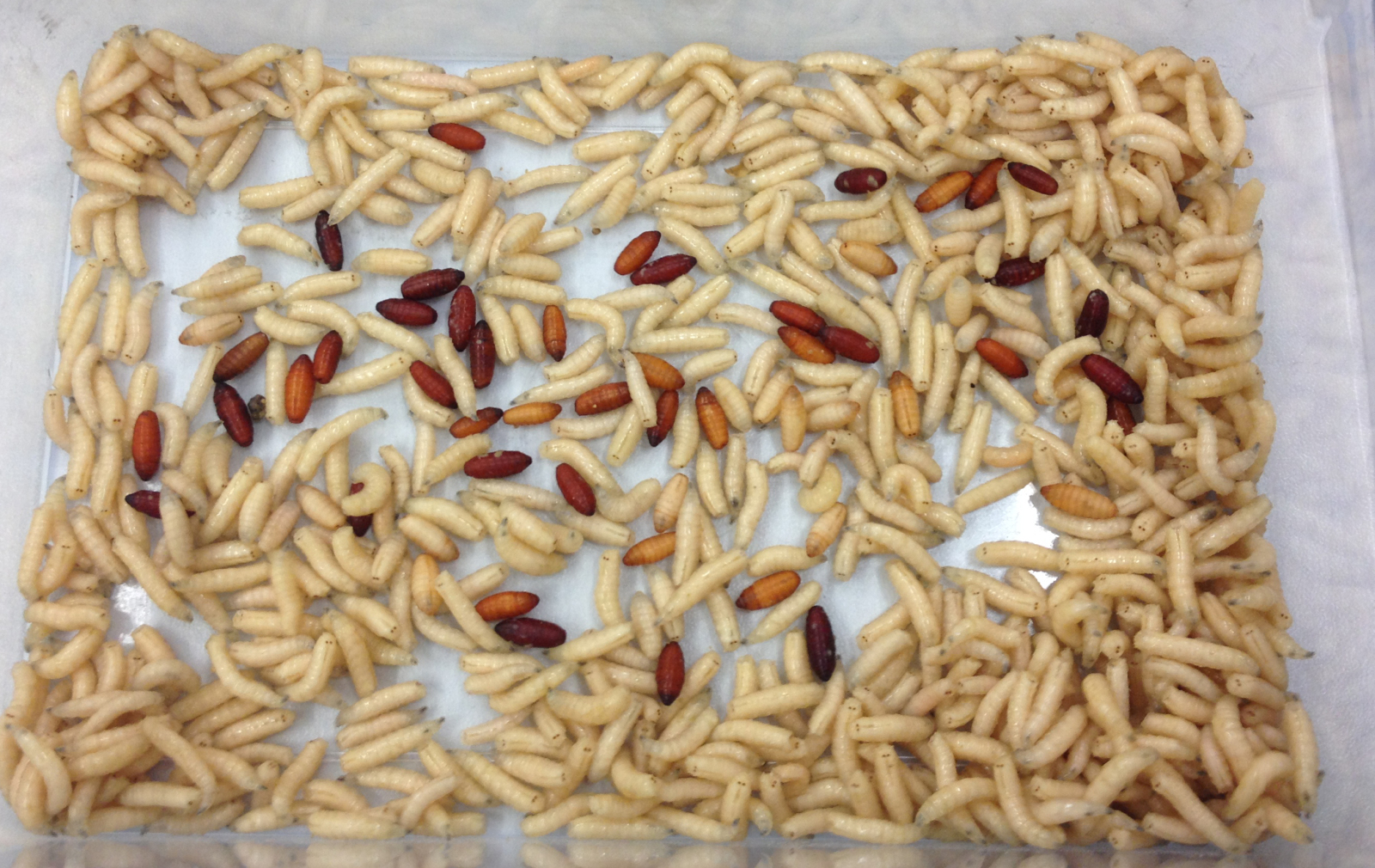Doses of antibiotics administered in babyhood trigger lifelong metabolic effects, including a heightened risk of obesity, a new study has  shown.
shown.
For decades farmers have known that administering low doses to livestock affects growth and boosts yields. But is the same true also of us, and are antibiotics administered in childhood boosting human waistlines?
Children often receive high dose antibiotics to clear up ear, throat, chest or skin infections, so NYU Langone Medical Center scientist Martin Blaser designed a test, using mice, to mimic this form of exposure and assess whether use of either of the two common antibiotics: - amoxicillin, and an erythromycin-like drug - would produce lasting effects in the animals.
The mice received three short courses of either or both antibiotics and were followed up to the mouse equivalent of middle age.
Animals treated with the drugs showed both metabolic and growth changes. Both antibiotics were linked to weight gain in the animals, and both showed increased bone mass.
Genetic sequencing of the bacteria inhabiting the animals' intestines - also known as the microbiome - showed dramatic changes in both the spectrum and populations of microbes; critically, these changes persisted into old age, long after the antibiotics were last administered.
The changes observed suggest, say the scientists in their paper in Nature Communications this week, that chemicals being metabolised, released or removed by the microbiome can have onward effects in the development and maturation of tissues, including stem cells, elsewhere in the body. Changes were also seen in the profile of genes active in the liver.
The researchers stress that they cannot exclude the possibility that their observations are the direct result of exposure to the antibiotic drugs themselves.
They also acknowledge that mice are not humans, but they point out that, "the observed phenotypes and reductions in diversity mirror developmental effects of early-life antibiotic use in human cohort studies," citing recent human epidemiological studies linking early human exposure to antibiotics with a preponderance towards weight gain.
"Antibiotics definitely save lives," says Martin Blaser. "But we need better stewardship. Countries like Sweden prescribe these agents 50% less frequently that we do [in the US]. The lifetime health impact our study suggests could occur, means we need to cut unnecessary antibiotic exposure."










Comments
Add a comment